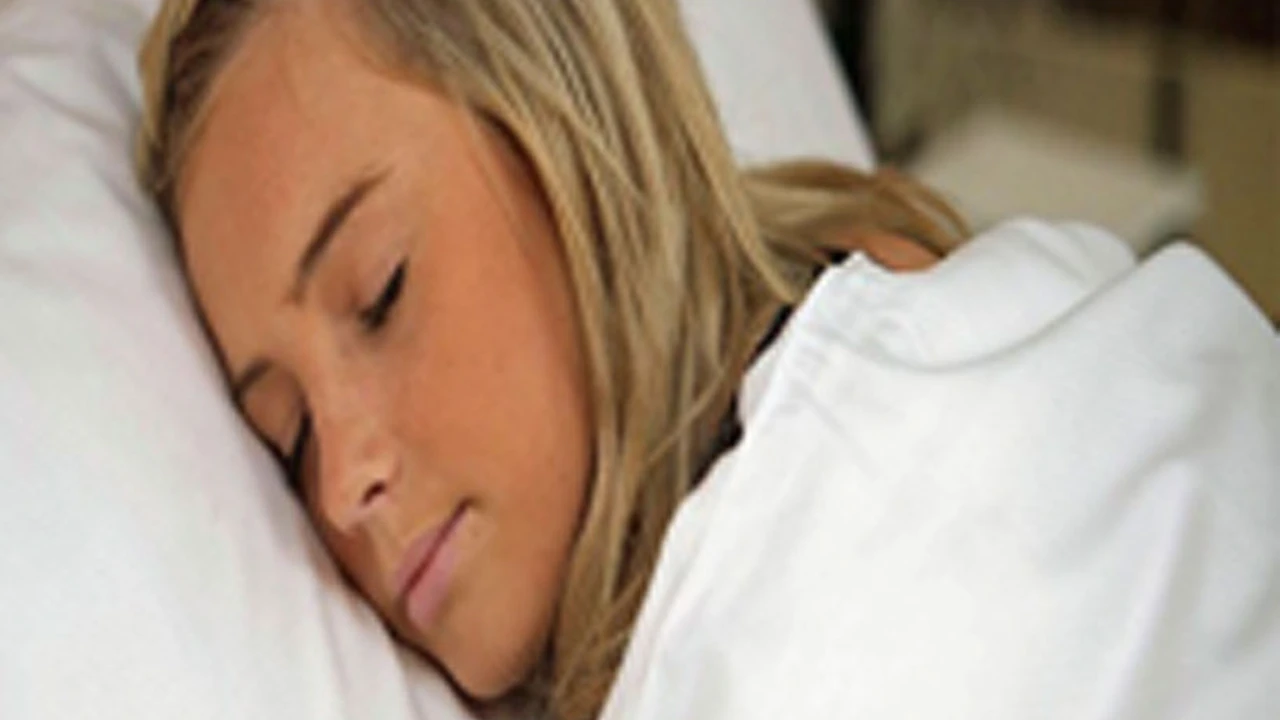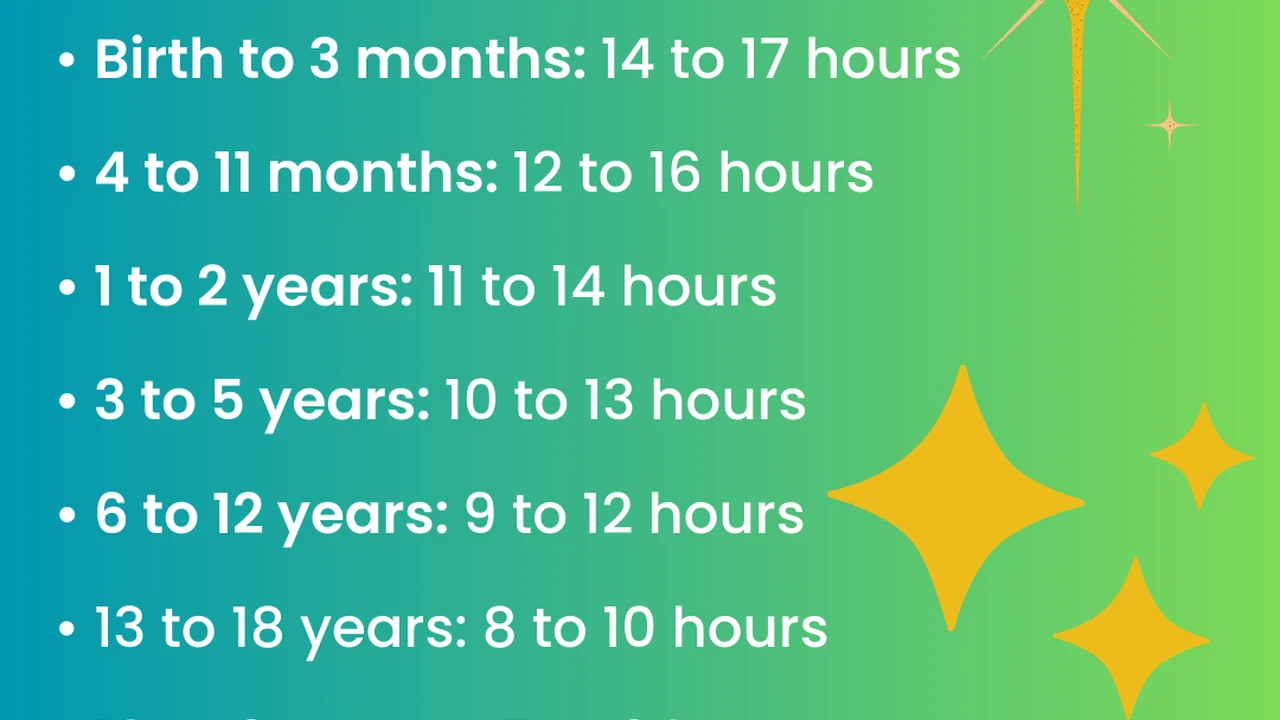The Best Herbs for Sleep: Natural Remedies for Restlessness
Sample meta description.

Introduction to Natural Sleep Aids Herbal Remedies for Restlessness
Hey there, sleep seekers! Feeling restless? Tossing and turning all night? You're not alone. Millions struggle with sleep issues, and while prescription medications can be an option, many are turning to the natural world for help. That's where herbs come in! For centuries, people have used herbs to promote relaxation and improve sleep. This guide will dive deep into the best herbs for sleep, exploring how they work, how to use them, and even some specific product recommendations to get you started on your journey to a better night's rest. Forget counting sheep; let's talk herbs!
Understanding the Science How Herbs Promote Sleep and Relaxation
Before we jump into specific herbs, let's understand *why* they work. Many herbs contain compounds that interact with our nervous system. Some boost the production of calming neurotransmitters like GABA (gamma-aminobutyric acid), while others help regulate the body's natural sleep-wake cycle, also known as the circadian rhythm. Think of it like this: some herbs act like a gentle lullaby for your brain, while others help reset your internal clock. It's important to remember that everyone reacts differently to herbs, so what works wonders for one person might have a minimal effect on another.
Top Herbs for Sleep A Comprehensive Guide to Natural Remedies
Alright, let's get to the good stuff! Here's a rundown of some of the most popular and effective herbs for sleep:
Valerian Root The Go-To Herb for Insomnia and Sleep Disorders
Valerian root is arguably the most well-known herb for sleep. Studies have shown that it can reduce the time it takes to fall asleep and improve sleep quality. It works by increasing GABA levels in the brain, promoting relaxation. Valerian has a distinctive smell, which some people find unpleasant. It's often taken in capsule form, as a tea, or as a tincture. Dosage varies, but typically ranges from 400-900mg before bed. Be aware that it can cause drowsiness, so avoid driving or operating heavy machinery after taking it.
Chamomile A Gentle and Soothing Herb for Relaxation and Anxiety Relief
Chamomile is famous for its calming and relaxing properties. It contains apigenin, an antioxidant that binds to certain receptors in the brain that may decrease anxiety and initiate sleep. Chamomile tea is a popular choice, but you can also find it in capsule form or as an essential oil for aromatherapy. It's generally considered very safe, even for children, making it a great option for those looking for a gentle sleep aid. A cup of chamomile tea an hour before bed is a classic bedtime ritual for a reason.
Lavender Aromatic Therapy for Sleep and Stress Reduction
Lavender is known for its beautiful aroma and its ability to promote relaxation and reduce anxiety. Studies have shown that inhaling lavender essential oil can improve sleep quality and reduce restlessness. You can use a diffuser, add a few drops to your bath, or even sprinkle some lavender oil on your pillow. Lavender tea is also available, although it's not as potent as the essential oil. The scent itself is incredibly soothing, making it a fantastic addition to your bedtime routine.
Lemon Balm A Calming Herb for Anxiety and Sleep Improvement
Lemon balm is another herb that can help reduce anxiety and promote sleep. It contains compounds that can increase GABA levels in the brain. It's often combined with other herbs, like valerian root or chamomile, to enhance its effects. Lemon balm tea is a refreshing and flavorful option, and it's also available in capsule form. It's generally well-tolerated, but some people may experience mild side effects like nausea or dizziness.
Passionflower A Natural Remedy for Anxiety and Insomnia
Passionflower is a climbing vine that has been traditionally used to treat anxiety and insomnia. It contains compounds that can increase GABA levels in the brain and promote relaxation. Studies have shown that it can improve sleep quality and reduce the time it takes to fall asleep. Passionflower is available in capsule form, as a tea, or as a tincture. It's generally considered safe, but it can interact with certain medications, so it's important to talk to your doctor before using it.
Hops More Than Just Beer An Herb for Relaxation and Sleep
Yes, the same hops used to make beer can also be used as a sleep aid! Hops contain compounds that can have a sedative effect. They're often combined with other herbs, like valerian root, to enhance their effects. Hops are available in capsule form, as a tea, or as a pillow filling. The aroma of hops can be quite strong, so it's important to find a product that you enjoy. Who knew your favorite beer ingredient could also help you sleep?
Specific Product Recommendations Finding the Right Herbal Sleep Aid for You
Okay, let's get practical. Here are a few specific product recommendations, along with their pros, cons, and approximate prices:
Traditional Medicinals Organic Valerian Tea A Calming Bedtime Brew
Description: This tea contains a blend of valerian root, passionflower, and lemon balm. Use Case: Perfect for winding down before bed. Brew a cup 30-60 minutes before you want to sleep. Pros: Convenient, affordable, and easy to find. The combination of herbs can be very effective. Cons: Some people dislike the taste of valerian. Comparison: More convenient than taking capsules, but less potent than a pure valerian root extract. Price: Around $5-$7 per box of 16 tea bags.
Nature's Bounty Valerian Root Capsules A Convenient and Potent Option
Description: These capsules contain a standardized extract of valerian root. Use Case: Ideal for those who don't like the taste of valerian tea or prefer a more potent dose. Pros: Convenient, tasteless, and provides a consistent dose. Cons: Can be more expensive than tea. May cause drowsiness. Comparison: More potent than tea, but requires swallowing a pill. Price: Around $10-$15 per bottle of 100 capsules.
NOW Foods Lavender Essential Oil A Versatile and Relaxing Aroma
Description: This is a pure lavender essential oil that can be used in a diffuser, bath, or on your pillow. Use Case: Perfect for creating a relaxing bedtime atmosphere. Pros: Versatile, smells great, and can be used in various ways. Cons: Requires a diffuser or other method of application. Can be irritating to the skin if applied undiluted. Comparison: Aromatic benefits only, doesn't provide the same internal effects as tea or capsules. Price: Around $8-$12 per bottle.
Gaia Herbs SleepThru A Comprehensive Herbal Blend
Description: This product contains a blend of valerian root, passionflower, lemon balm, and hops. Use Case: Designed for those who need a stronger sleep aid. Pros: Contains a comprehensive blend of herbs, potentially more effective than single-herb products. Cons: More expensive than single-herb products. Comparison: Offers a broader range of benefits compared to single-herb options, targeting multiple aspects of sleep. Price: Around $25-$35 per bottle of 60 capsules.
Dosage and Usage Guidelines How to Safely and Effectively Use Herbs for Sleep
It's crucial to use herbs safely and effectively. Here are some general guidelines:
- Start with a low dose: See how your body reacts before increasing the dose.
- Take herbs 30-60 minutes before bed: This allows time for them to take effect.
- Be consistent: Some herbs take time to build up in your system, so use them regularly for best results.
- Talk to your doctor: Especially if you're taking any medications or have any underlying health conditions.
- Be aware of potential side effects: Some herbs can cause drowsiness, dizziness, or stomach upset.
Potential Side Effects and Interactions Precautions When Using Herbal Sleep Aids
While herbs are generally considered safe, it's important to be aware of potential side effects and interactions. Some herbs can interact with medications, such as antidepressants, blood thinners, and sedatives. It's also important to avoid using herbs if you're pregnant or breastfeeding without talking to your doctor. Always read the label and follow the instructions carefully. If you experience any adverse effects, stop using the herb and consult with a healthcare professional.
Lifestyle Changes Complementing Herbal Remedies for Improved Sleep Hygiene
Herbs can be a helpful tool for improving sleep, but they're not a magic bullet. It's also important to make lifestyle changes that promote good sleep hygiene. This includes:
- Maintaining a regular sleep schedule: Go to bed and wake up at the same time each day, even on weekends.
- Creating a relaxing bedtime routine: This could include taking a warm bath, reading a book, or listening to calming music.
- Making your bedroom dark, quiet, and cool: These conditions are ideal for sleep.
- Avoiding caffeine and alcohol before bed: These substances can interfere with sleep.
- Getting regular exercise: Exercise can improve sleep quality, but avoid exercising too close to bedtime.
- Managing stress: Stress can make it difficult to fall asleep and stay asleep. Try relaxation techniques like meditation or yoga.
When to Seek Professional Help Addressing Persistent Sleep Problems
If you've tried herbs and lifestyle changes and you're still struggling with sleep, it's time to seek professional help. A doctor can help you identify any underlying medical conditions that may be contributing to your sleep problems. They can also recommend other treatments, such as cognitive behavioral therapy for insomnia (CBT-I) or prescription medications. Don't suffer in silence – there are effective treatments available for sleep disorders.
The Future of Herbal Sleep Aids Research and Innovation in Natural Sleep Remedies
The field of herbal sleep aids is constantly evolving. Researchers are continuing to explore the potential benefits of various herbs and to develop new and innovative products. We can expect to see more standardized extracts, more targeted herbal blends, and more convenient delivery methods in the future. The demand for natural sleep remedies is growing, and the herbal industry is responding with a wider range of options than ever before. So keep an eye out for new developments in the world of herbal sleep aids!
:max_bytes(150000):strip_icc()/277019-baked-pork-chops-with-cream-of-mushroom-soup-DDMFS-beauty-4x3-BG-7505-5762b731cf30447d9cbbbbbf387beafa.jpg)






